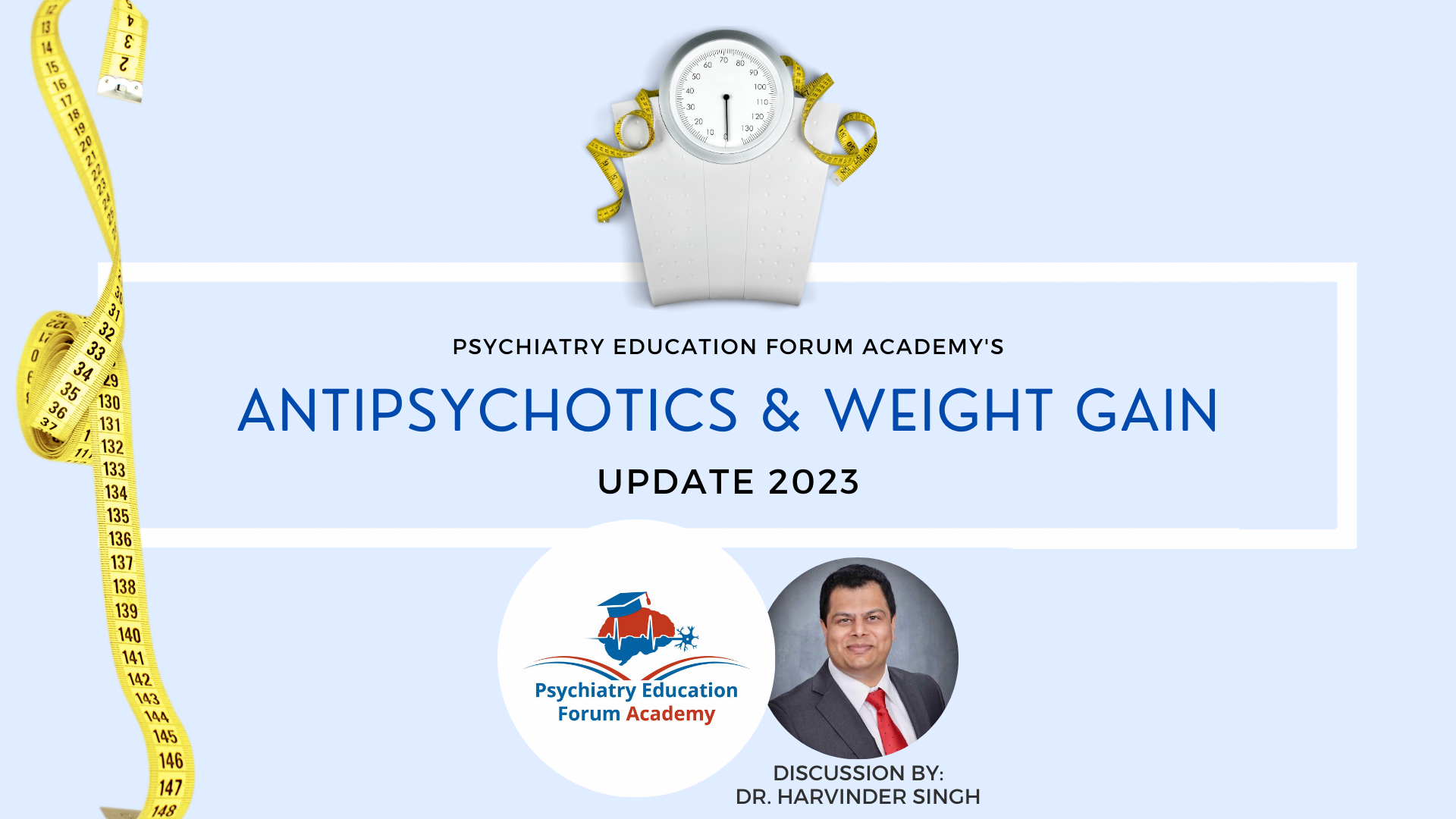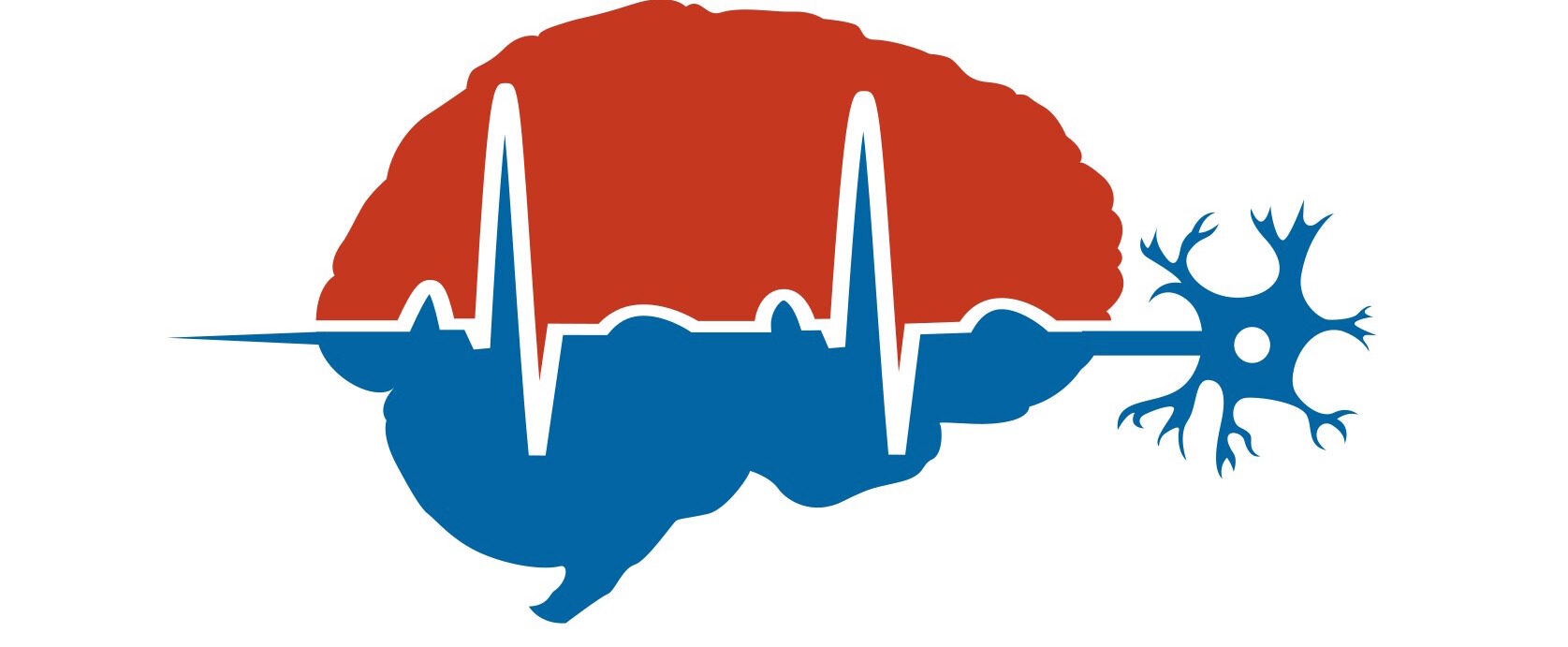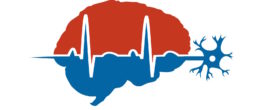Dear PEFA Academy Members.
We are excited to announce the release of our next educational presentation. This lecture on comparing antipsychotics and the risk of weight gain promises to be an informative and relevant event for mental health professionals.

Understanding the impact of antipsychotic medications on weight gain is essential in providing comprehensive care for patients with mental health conditions. By staying up-to-date with the latest evidence and considerations for clinical practice, we can make informed decisions when prescribing antipsychotic medications, and minimize the risk of weight gain and its associated health consequences.
We look forward to a thought-provoking educational presentation, and we hope to see you there!

Time's up
Answer: Aripiprazole
- Aripiprazole had ascending curve for weight gain, with curves still ascending at higher doses.
- Risperidone: had plateau curve at higher dose.
- Quetiapine XR, Lurasidone & Cariprazine: had quasi-parabolic curve with less weight gain at higher doses.
LECTURE SCHEDULE
(1) UPDATE 2023:
Antipsychotics & Weight Gain
- Antipsychotics with the LOWEST and HIGHEST risk of weight gain.
- Which antipsychotic(s) weight-gain risk is LOWER AT HIGH DOSES?
- Which antipsychotic(s) weight-gain risk PLATEAUS AT HIGH DOSES?
- Which antipsychotic(s) weight-gain risk is HIGHER AT HIGH DOSES?
- Quetiapine XR versus IR formulation: for weight gain and metabolic parameters.
- Do LONG-ACTING INJECTABLES differ in the risk of weight gain?
(2) COMPARING 2019 STUDY:
Comparing 32 Oral Antipsychotics for Acute Schizophrenia.
This discussion will compare 32 oral antipsychotics for the management of acute multi-episode schizophrenia in the following ten domains:
- Overall Changes in Symptoms
- Positive Symptoms
- Negative Symptoms
- Depressive Symptoms
- Social Functioning
- Adverse Events: Weight Gain
- Adverse Events: Akathisia
- Adverse Events: Prolactin Elevation
- Adverse Events: QTc Prolongation
- Adverse Events: Sedation
(3) COMPARING 2014 STUDY:
Almost all Antipsychotics Result in Weight Gain
- Do ALL ANTIPSYCHOTICS result in a mean increase in body weight with increased DURATION OF USE?
- Which ANTIPSYCHOTIC and time period (DURATION) have more significant increase in weight gain?
- Which antipsychotics showed NO statistically significant weight change post baseline?
- Will switching to WEIGHT NEUTRAL ANTIPSYCHOTICS result in weight loss?
- How is weight gain in ANTIPSYCHOTIC NAIVE patients?
- Which factors are important to consider with weight gain from antipsychotics?
(4) METFORMIN: for Antipsychotic induced Weight Gain Management
- Does metformin have role in the prevention and treatment of antipsychotic induced weight gain?
- Does metformin have role in the treatment of antipsychotic induced dyslipidemia?
- Does metformin have effect on weight gain associated with antipsychotics use in children and adolescents with autism spectrum disorders?
- How is metformin dosed: starting dose & dose titration.
- What dose of metformin is found effective in treatment of antipsychotic induced weight gain?
- Precautions with metformin use: When to discontinue metformin treatment?
- Contraindication for metformin use.
- Laboratory monitoring with metformin use.
- Common adverse events associated with metformin.
(5) SAMIDORPHAN: for Antipsychotic induced Weight Gain Management
- What dose of Samidorphan was found effective in the treatment of antipsychotic-induced metabolic syndrome.
- Likely mechanism of action?
INTERESTED IN ACCESS TO THIS & OTHER CLINICALLY RELEVANT LECTURE SERIES?
JOIN PSYCHIATRY EDUCATION FORUM ACADEMY MEMBERSHIP
This is a closed membership for medical professionals only.
- 30+ Courses/Sections: Each chapter within these sections is of direct clinical relevance for your daily practice.
- Journal Club: we will post the most recently published psychiatry articles relevant to your daily clinical practice.
- Coffee Club: contain short discussions with clinical experts in the field of psychiatry.
- Clinical Case Discussions: Discussions of clinical cases from our daily clinical practice.
- Discussion Forum & Community: Connect with other medical professionals and discuss your difficult-to-treat clinical cases.
- Essentials of Inpatient Psychiatry Book: All chapters from this book are included in the academy sections.
- Goal: is to have all important clinically relevant topics in one place for ease of access.
JOIN ACADEMY MEMBERSHIP:
DISCOUNTS AVAILABLE FOR: Residents & Students ONLY.
Email us your student information (program information and way to confirm your student status) to: HSingh@PsychiatryEducationForum.com


